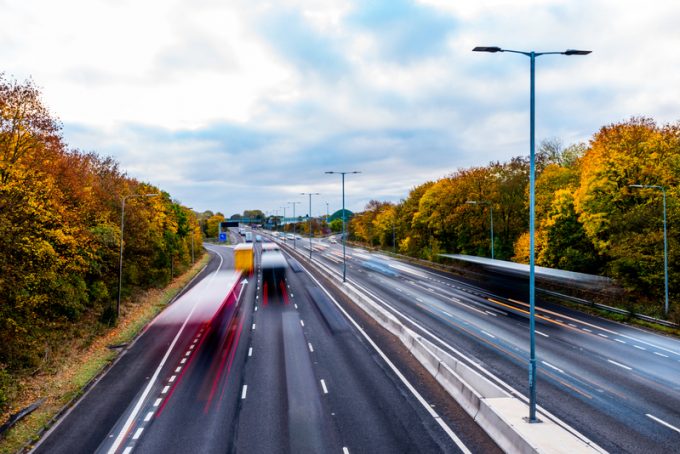‘Inflection’ nowhere in sight as mixed US freight market seeks direction
Health check: bottom, what bottom?
FDX: ABOUT USPS PRIVATISATIONFDX: CCO VIEWFDX: LOWER GUIDANCE FDX: DISRUPTING AIR FREIGHTFDX: FOCUS ON KEY VERTICALFDX: LTL OUTLOOKGXO: NEW LOW LINE: NEW LOW FDX: INDUSTRIAL WOESFDX: HEALTH CHECKFDX: TRADING UPDATEWMT: GREEN WOESFDX: FREIGHT BREAK-UPFDX: WAITING FOR THE SPINHON: BREAK-UP ALLUREDSV: BREACHING SUPPORTVW: BOLT-ON DEALAMZN: TOP PICK
FDX: ABOUT USPS PRIVATISATIONFDX: CCO VIEWFDX: LOWER GUIDANCE FDX: DISRUPTING AIR FREIGHTFDX: FOCUS ON KEY VERTICALFDX: LTL OUTLOOKGXO: NEW LOW LINE: NEW LOW FDX: INDUSTRIAL WOESFDX: HEALTH CHECKFDX: TRADING UPDATEWMT: GREEN WOESFDX: FREIGHT BREAK-UPFDX: WAITING FOR THE SPINHON: BREAK-UP ALLUREDSV: BREACHING SUPPORTVW: BOLT-ON DEALAMZN: TOP PICK

While much of the conversation surrounding the effect of a no-deal Brexit on supply chains has centred on higher tariffs for shippers and increased customs costs, new analysis shows the logistics industry itself could face some of the highest cost increases.
Trade association Logistics UK says a no-deal scenario would add nearly a quarter of billion pounds to the industry’s annual bills, “thanks to the imposition of WTO tariffs on new vehicles, parts and equipment”.
The organisation explained that over 70% of HGVs were manufactured in the EU and imported into the UK on a no-deal basis would incur a 10% tariff of £7,000 or more per vehicle.
Around 48,500 trucks are bought by UK businesses every year, leading to a potential total tariff bill for the road freight industry of £240m, which the organisation claims the sector would be unable to finance.
Logistics UK CEO David Wells said: “Add on a 4% tariff on tyres and around the same level for spare parts from the EU, and that equates to a massive tax on logistics companies already reeling from the impact of the Covid-19 economic downturn.
“This could be the final straw for many businesses in our sector, As the industry that drives the heart of the UK economy while operating on 2% margins, we simply cannot afford these sorts of sums, and they would inevitably be passed on to the consumer in higher prices.
He reiterated calls for the government to agree a deal before the country leaves the EU on 1 January, adding: “This is just the tip of the iceberg, with a raft of new tariffs applying indirectly to logistics and other sectors involved in the supply chain, and to the direct costs of thousands of goods from new cars to fresh foods.
“Prices of many everyday items we buy from the EU will rise, and that inflationary pressure would crush any hope of swift economic growth at a time when we need UK PLC to be standing strong.
“Government needs to agree a deal with the EU so that our sector, and the economy at large, can start to rebuild with confidence,” he said.
Comment on this article